In the medical industry, every tiny component is crucial for patients' life safety and well-being. Among them, medical injection molded parts, as indispensable basic elements in medical devices, not only require extremely high precision and cleanliness in their production process but also must strictly adhere to the special standards and regulations of the medical field. This article will take you into the world of medical injection molded parts production, offering a glimpse into the mysteries of this precision manufacturing sector.
1. Medical Injection Molded Parts: The "Tiny Cornerstones" of Medical Equipment
Medical injection molded parts are widely used in various medical devices, ranging from disposable syringes and infusion sets to complex surgical instrument components, and even the casings and connectors of implantable medical devices. Although small, they are of great importance. These injection molded parts are usually made of polymer materials such as polypropylene (PP), polyethylene (PE), and polycarbonate (PC). These materials need to possess good biocompatibility, chemical resistance, and sufficient mechanical strength to ensure safety and effectiveness in medical applications.
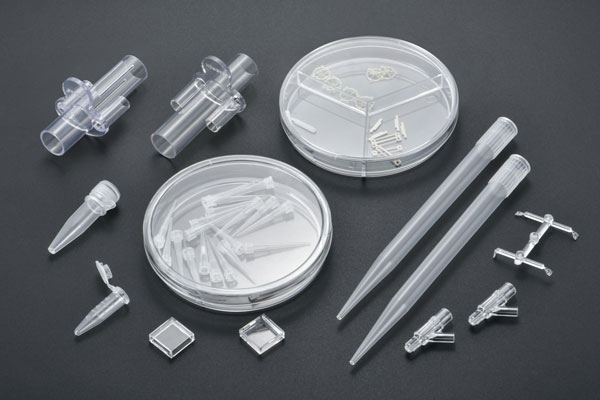
2. Production Process: Precision and Cleanliness Go Hand in Hand
-
Material Selection and Pretreatment: Select appropriate medical-grade plastic raw materials according to product requirements and conduct strict incoming inspection to ensure the materials are free from contamination and have stable performance. Subsequently, the materials need to be dried to remove moisture and prevent the formation of bubbles or cracks during the injection molding process.
-
Mold Design and Manufacturing: The mold is the "master template" for the shaping of injection molded parts, and its design needs to be precise to the micrometer level to ensure the accuracy of the finished product's dimensions. Molds for medical injection molded parts also need to consider factors such as ease of cleaning and corrosion resistance, and are usually made of high-quality materials like stainless steel.
-
Injection Molding: In a highly clean production environment, the pretreated plastic raw materials are heated to a molten state and injected into the mold cavity under high pressure. After cooling and solidification, the molded product is ejected from the mold. During this process, parameters such as temperature, pressure, and injection speed must be strictly controlled to ensure the stability of product quality.
-
Post-Processing and Inspection: The formed injection molded parts need to undergo post-processing procedures such as deburring, cleaning, and sterilization to remove surface defects and potential sources of contamination. Then, they are comprehensively inspected for dimensions, appearance, and performance using precision inspection equipment to ensure that every product meets medical standards.
3. Quality Control: The Pursuit of Zero Defects under Stringent Standards
The production process of medical injection molded parts must comply with international standards such as Good Manufacturing Practice (GMP) and ISO 13485 (Medical Device Quality Management System), as well as the specific medical device regulations of each country. From raw material procurement to finished product shipment, a strict quality traceability system must be established at every link to ensure the traceability and controllability of product quality. In addition, regular internal audits and external certifications are also important means to maintain production compliance.
4. Innovation and Development: Future Prospects Driven by Technology
With the continuous progress of medical technology, medical injection molded parts are developing towards miniaturization, multi-functionality, and intelligence. For example, micro-injection molding technology can achieve the production of injection molded parts with smaller sizes and higher precision; the application of biodegradable materials responds to the demand for environmental protection and sustainable development. Meanwhile, the integration of advanced technologies such as intelligent manufacturing and big data will further enhance the automation level and efficiency of medical injection molded parts production, bringing more innovative solutions to the medical field.
In conclusion, the production of medical injection molded parts is a comprehensive field that integrates precision manufacturing, material science, and quality control. Although it does not directly face patients, it silently guards the health and safety of every life. In the future, with the continuous advancement of technology and increasingly stringent standards, the production of medical injection molded parts will continue to play an irreplaceable role in ensuring medical quality and promoting medical innovation.
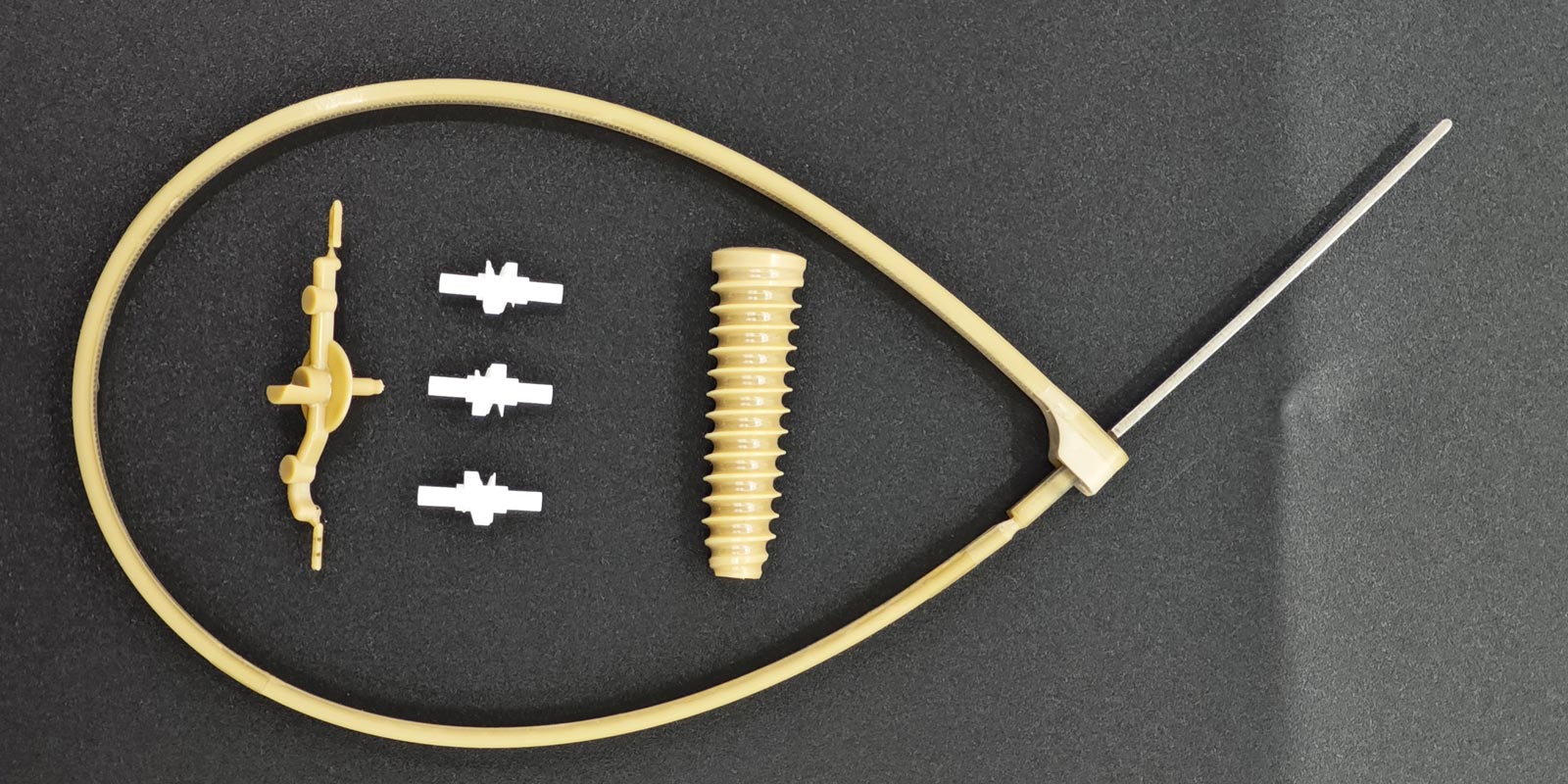
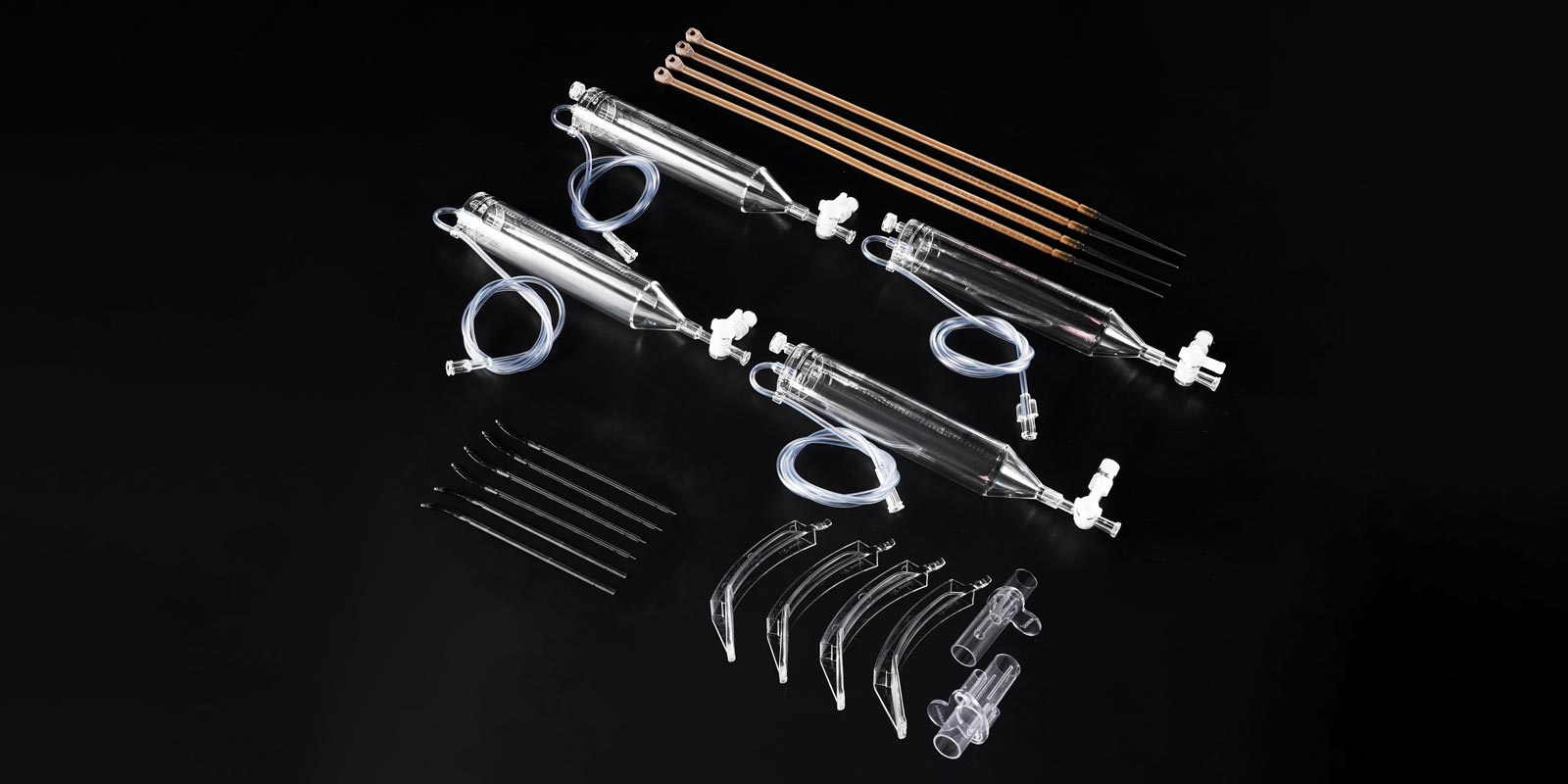
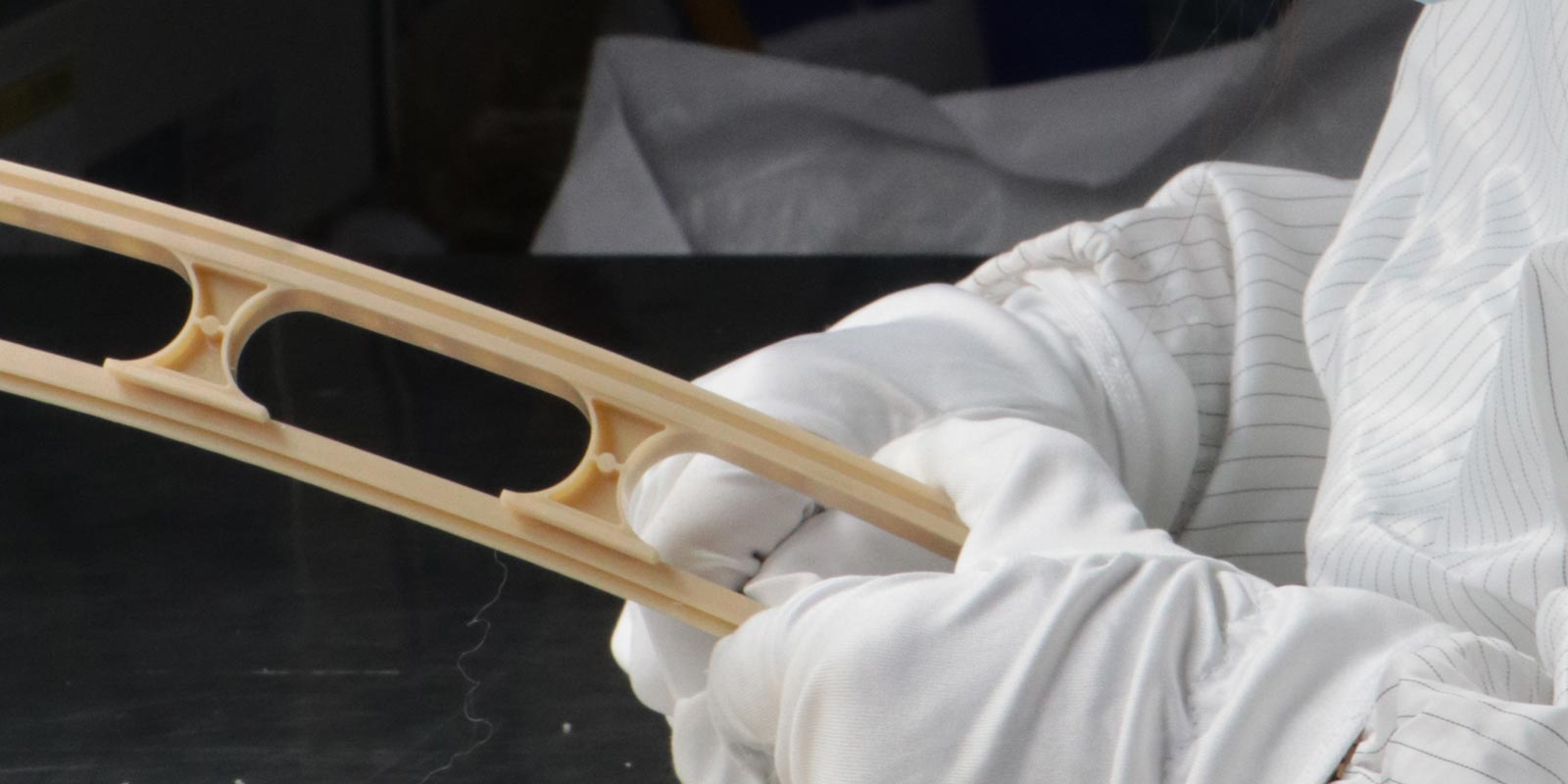
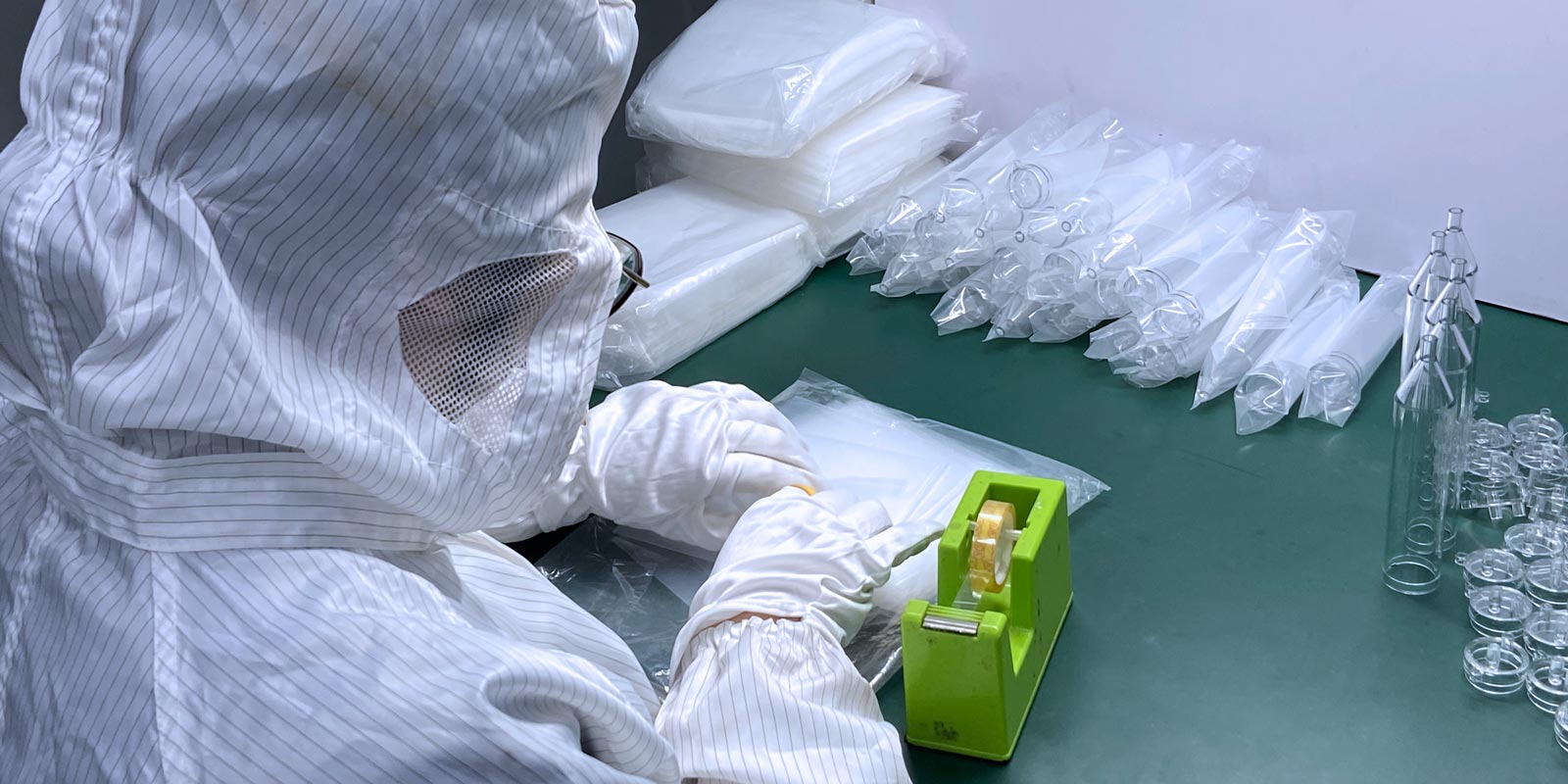
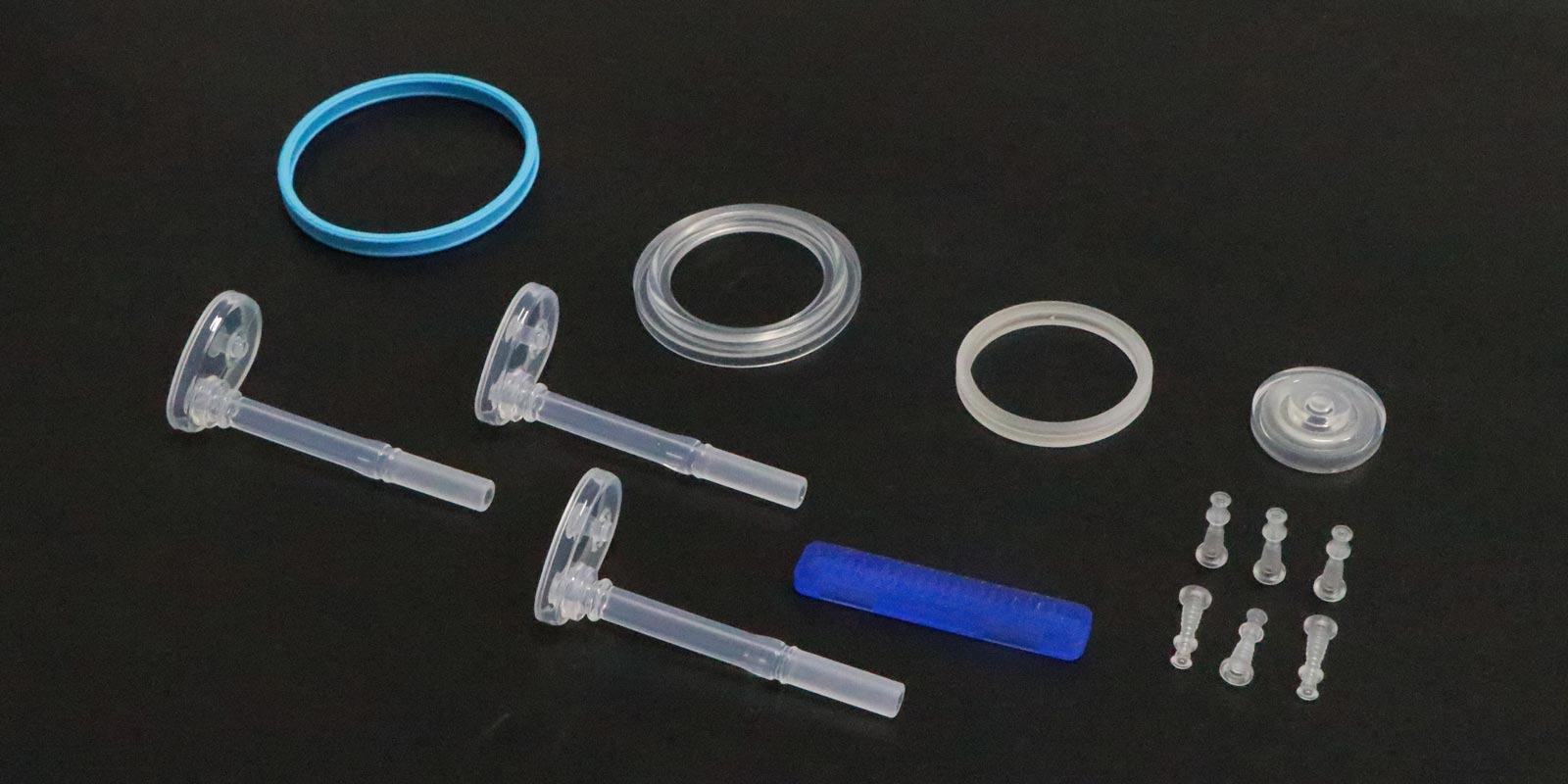











 Home
Home
